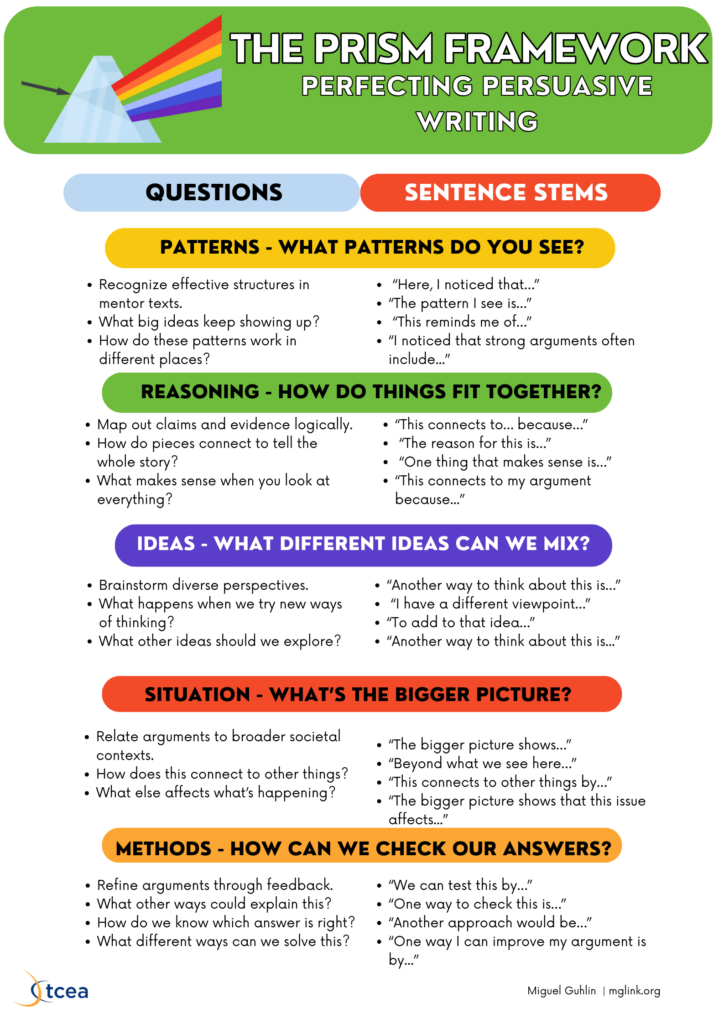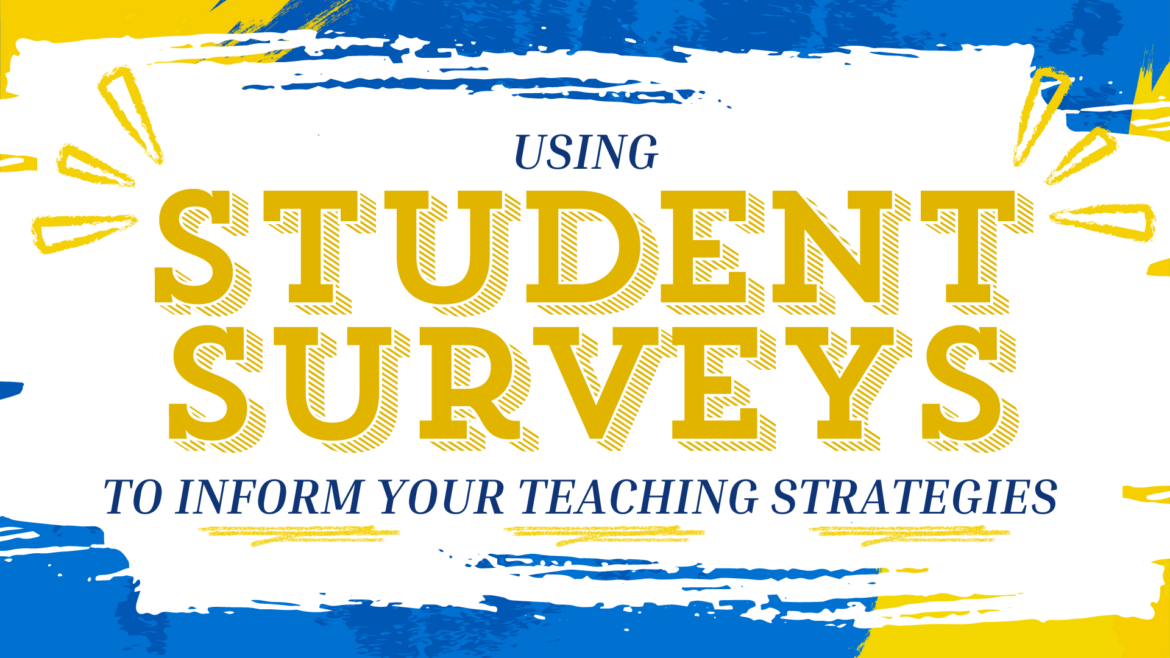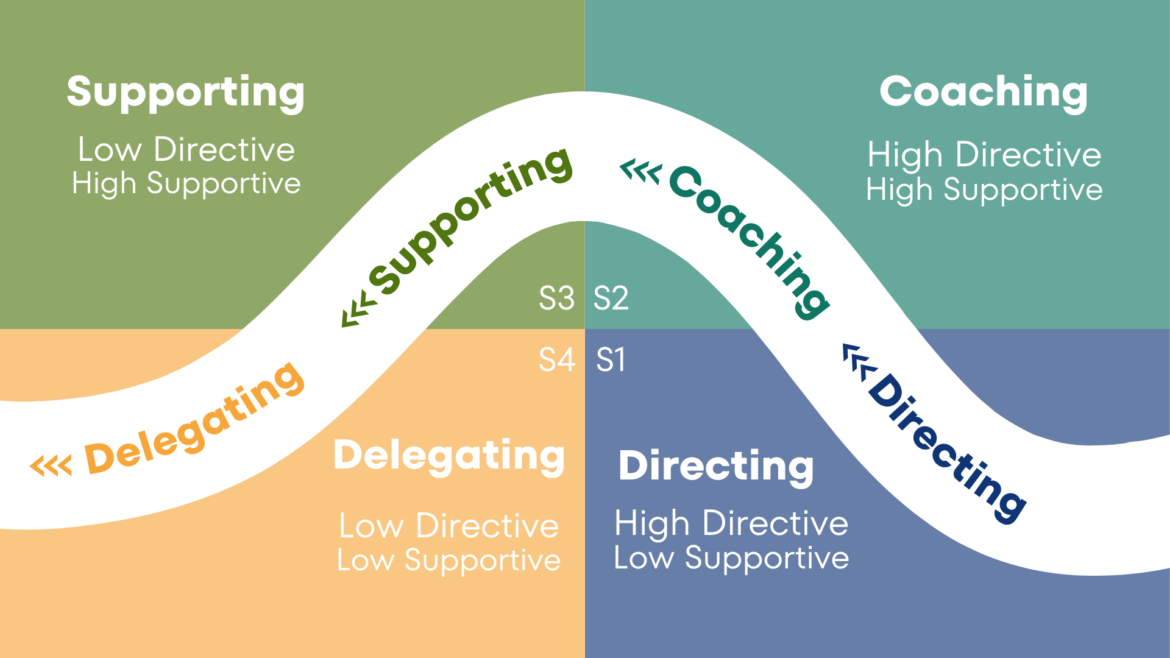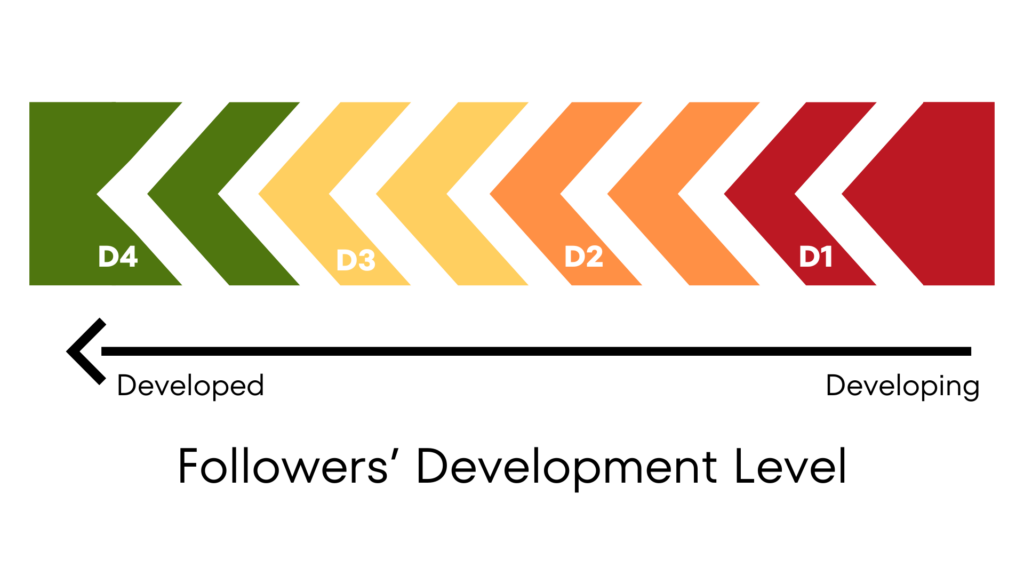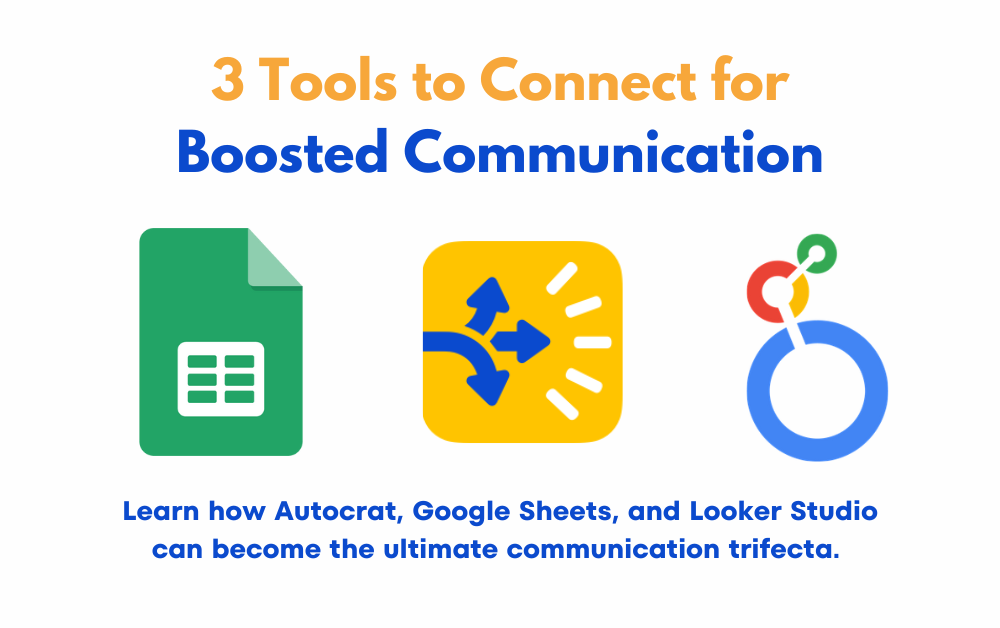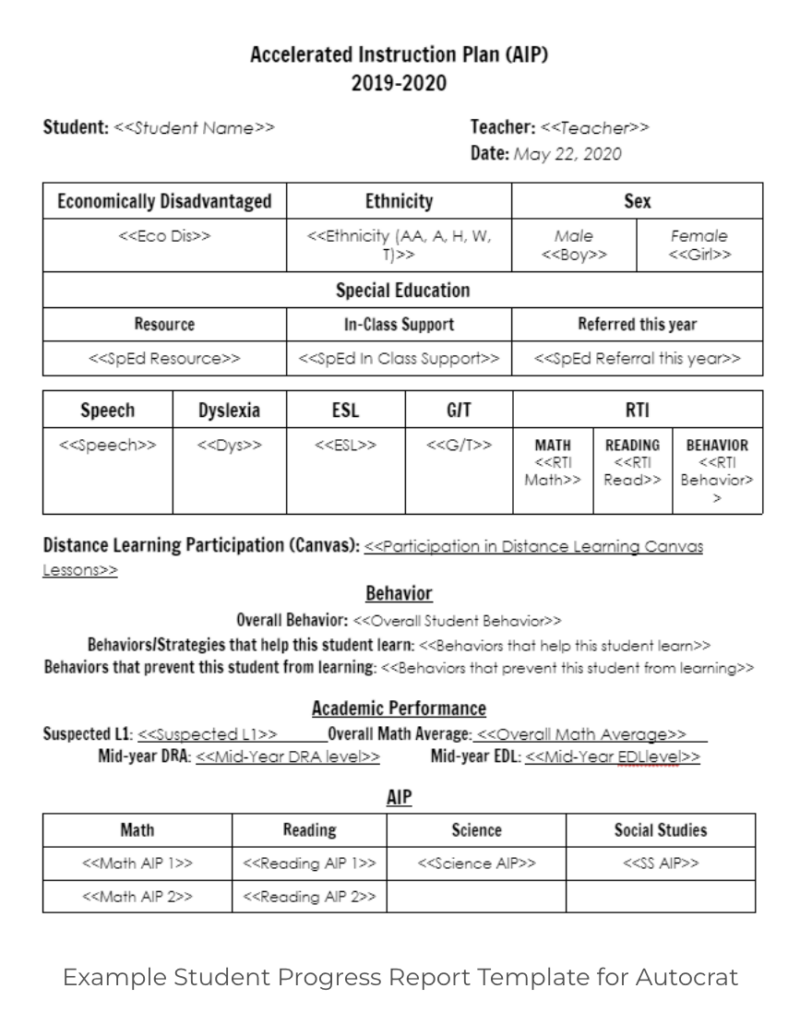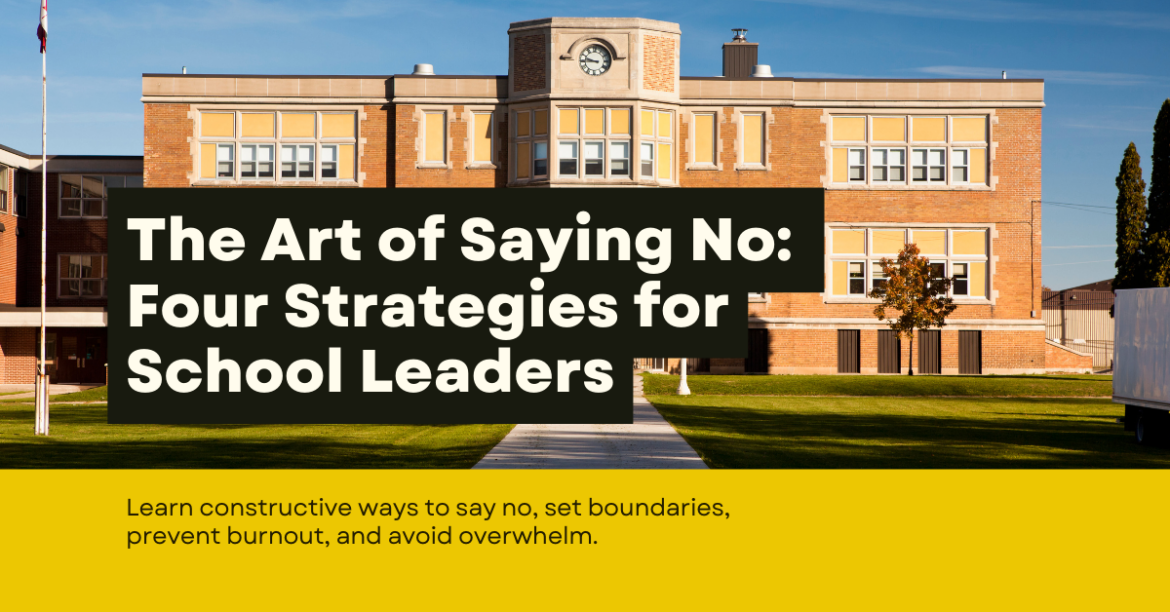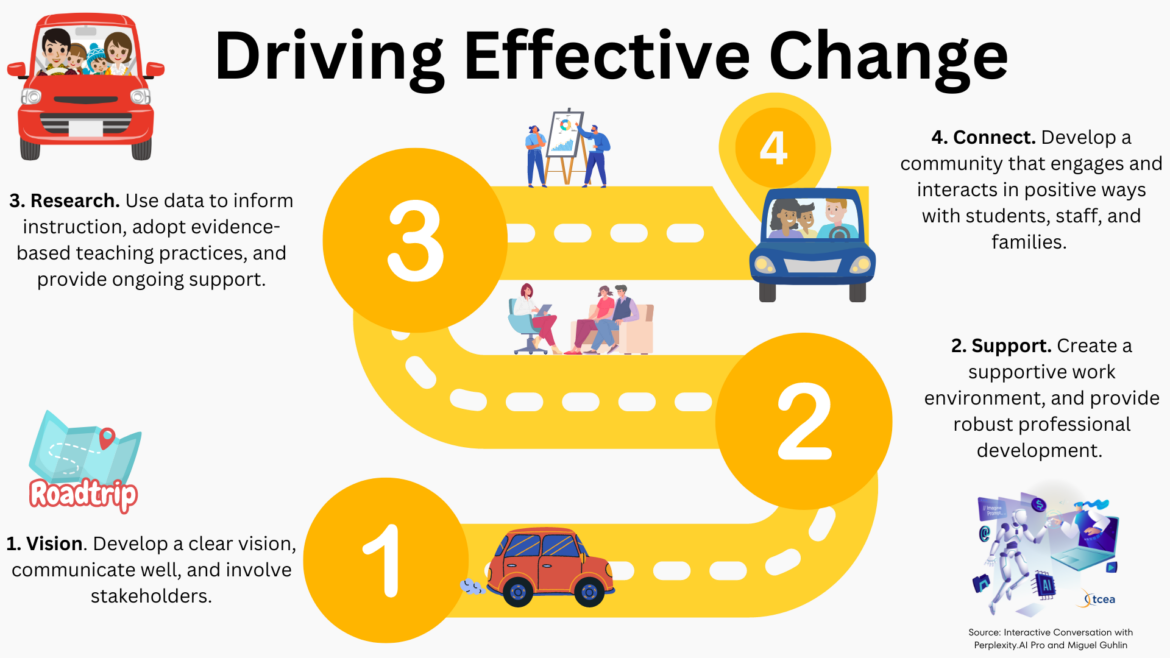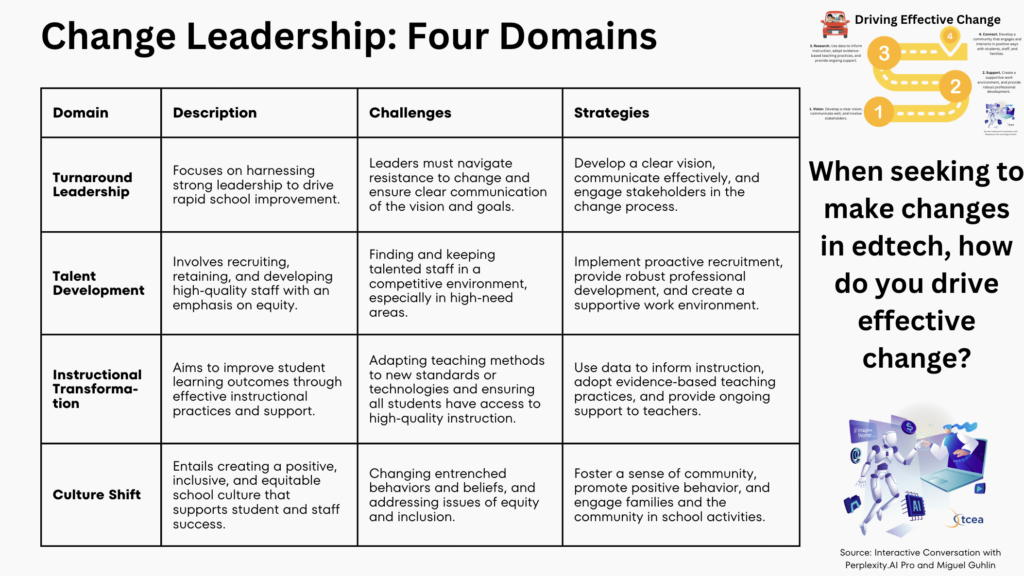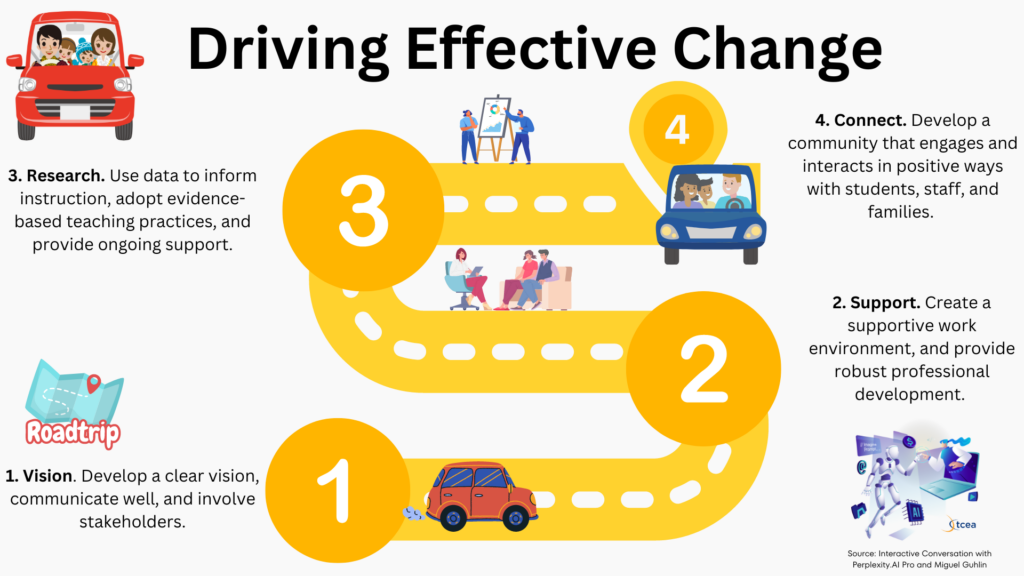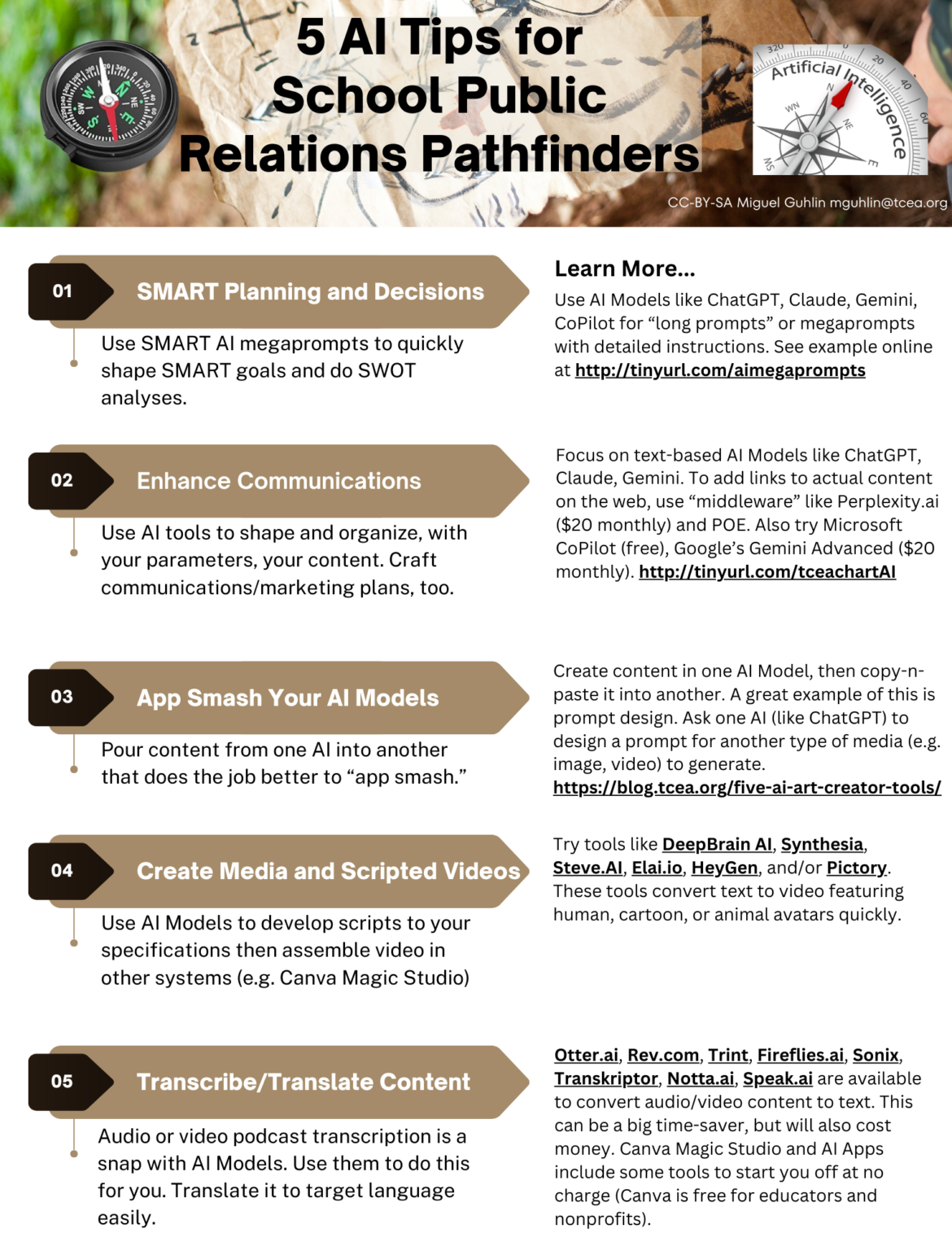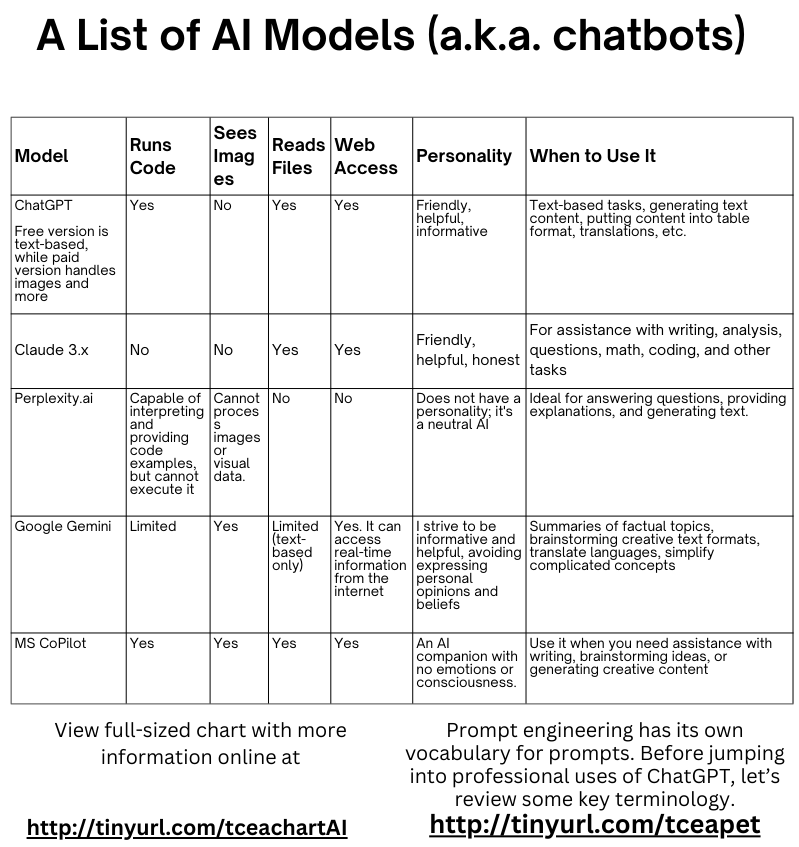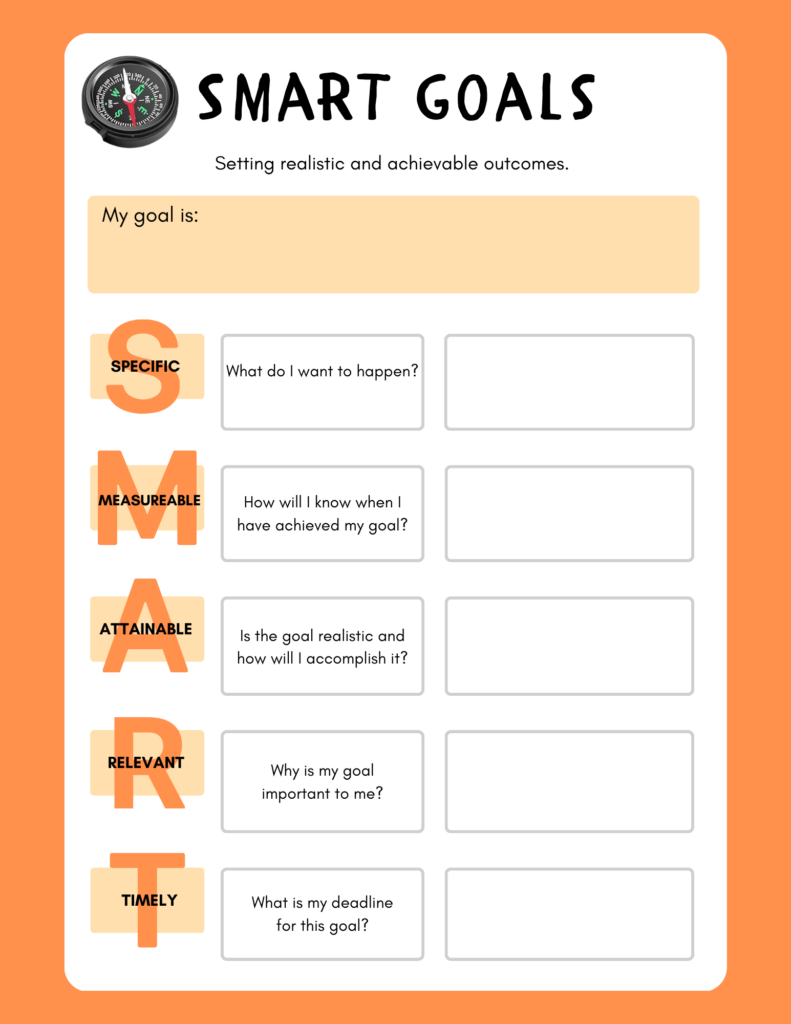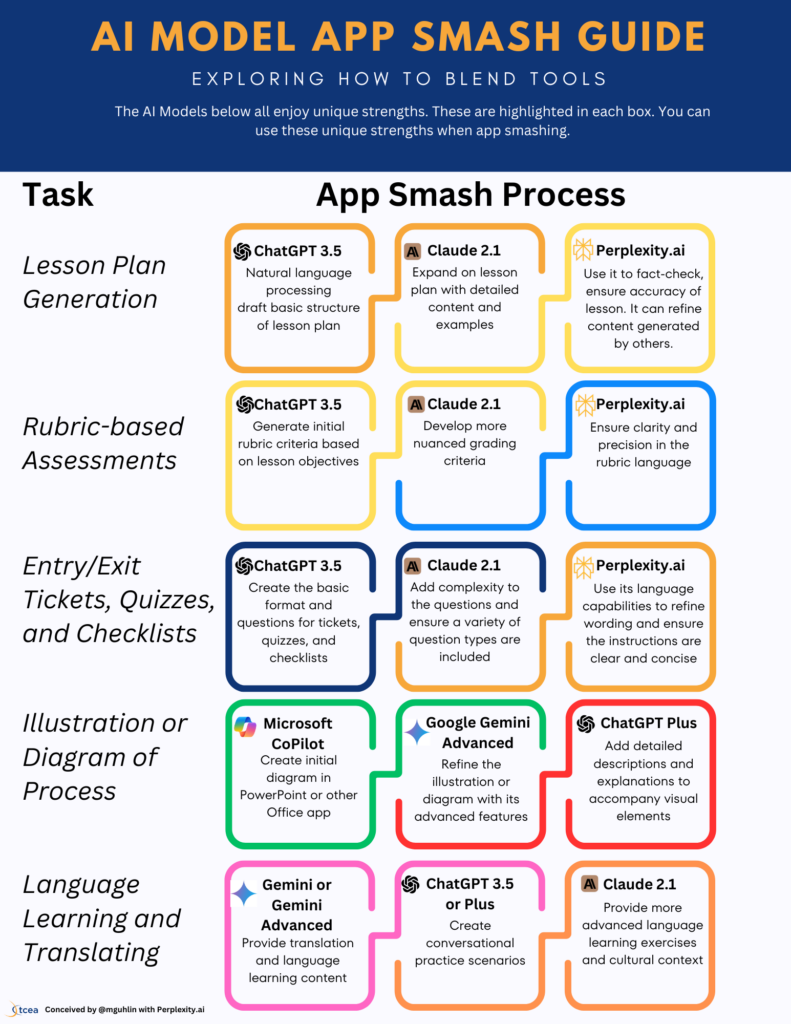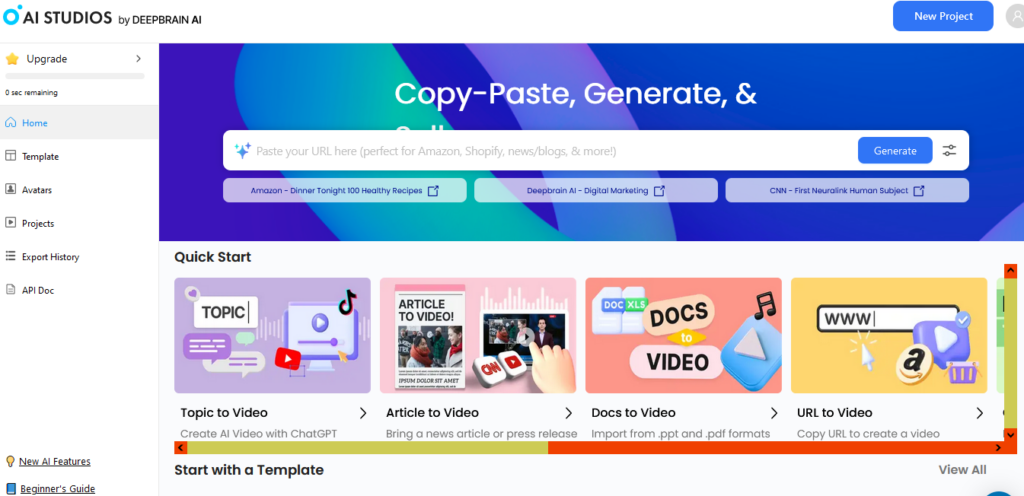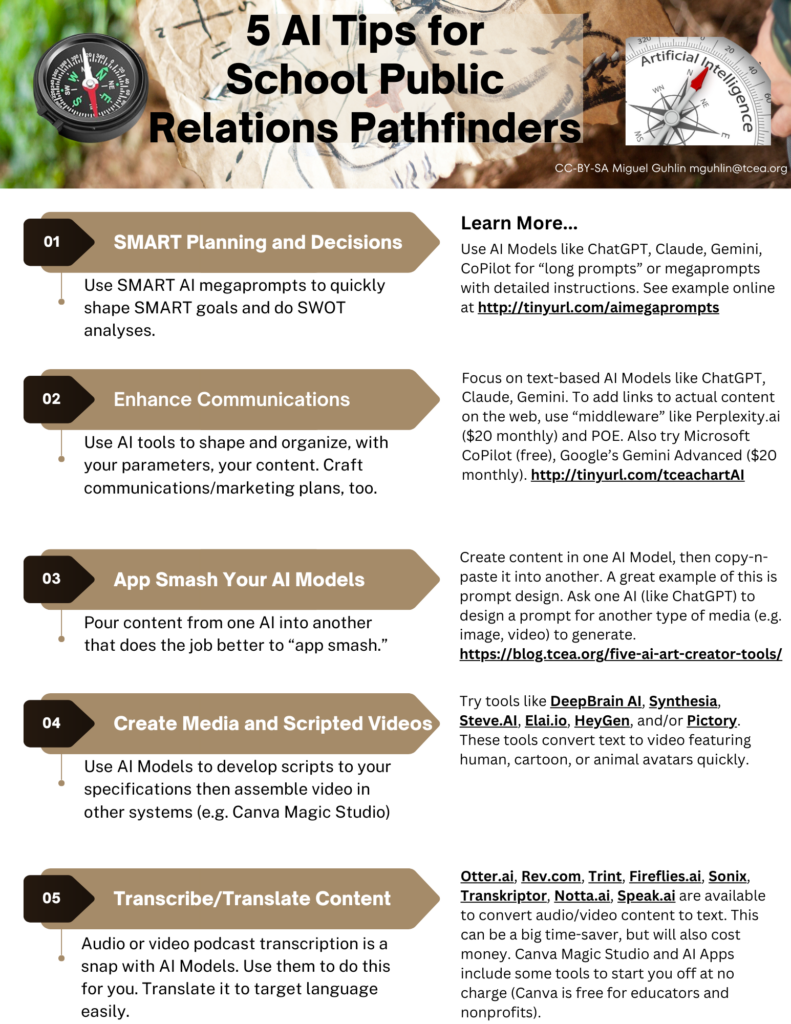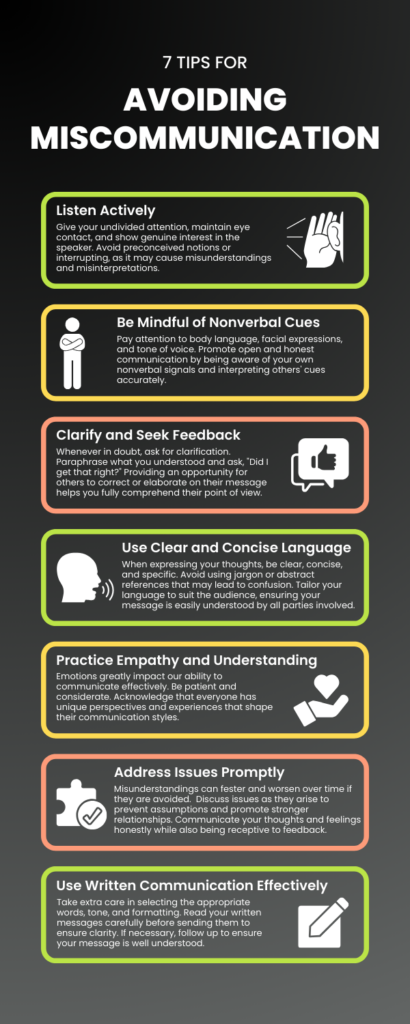Explore tips and tools for effective communication in education. Discover strategies to foster collaboration and engagement in the classroom and beyond.
Are you passionate about sharing your insights, classroom strategies, or innovative tech tips with fellow educators? Do you have a lesson, resource, or story that could help others advance teaching and learning through technology? If so, TCEA’s TechNotes blog is the perfect place for your voice to be heard! This post will walk you through the process of blogging for TCEA.
Why write for TechNotes?
TechNotes reaches hundreds of thousands of educators every month, offering a vibrant platform for sharing resources, research, how-to guides, and ideas that make a real impact in PreK-16 education. Each article is crafted to help educators discover new tools, implement best practices, and stay inspired in their work. As a guest author, you’ll join a community dedicated to making a difference—one blog post at a time.
What makes a great TechNotes submission?
TechNotes is all about meeting the needs of educators. We’re looking for articles that are:
- Informative and practical: Share tips, tricks, resources, or step-by-step guides that educators can use right away.
- Relevant and timely: Address trending topics, essential research, or innovative strategies for today’s classrooms.
- Inclusive of free resources: While you can mention paid tools, be sure to highlight free alternatives or practical, no-cost resources as well.
- Original: All articles must be written exclusively for TechNotes and not published elsewhere.
Some ideas to get you started:
- Lesson or unit plans that integrate technology
- Reviews or comparisons of classroom tech tools
- How-to instructions for digital platforms
- Strategies for engaging students with technology
- Research summaries on educational trends
Submit Your Ideas
Getting started is easy! Simply submit up to three article ideas using our Google Form. If your idea is selected, you’ll be contacted by Communications Specialist Macee Hall Greer (that’s me!) to brainstorm a schedule and walk through next steps.
If your idea is chosen, you’ll be asked to provide:
- An 800–1000 word draft in an editable document
- A short author bio (with links to your social media, if you’d like)
- An author headshot
- Any photos or infographics you’d like included (as separate files)
Your article should focus on providing value—not promoting paid products or services. If you mention a paid resource, make sure to also include free options or highlight the free features available.
Next Steps
Once you submit your draft, the TechNotes team will review it and may request revisions to ensure it fits our style and mission. Before publication, you’ll receive a PDF proof to review. Then, you can proudly share your article with your network once published!
Ready to inspire?
Your experiences and expertise can make a difference for educators everywhere. Don’t hesitate—submit your blog ideas today and join us in advancing teaching and learning through technology!
Click here to submit a blog concept.
If you have any questions about the process, feel free to message me at mhall@tcea.org. I can’t wait to read your ideas and help you share your story with the TCEA community!



